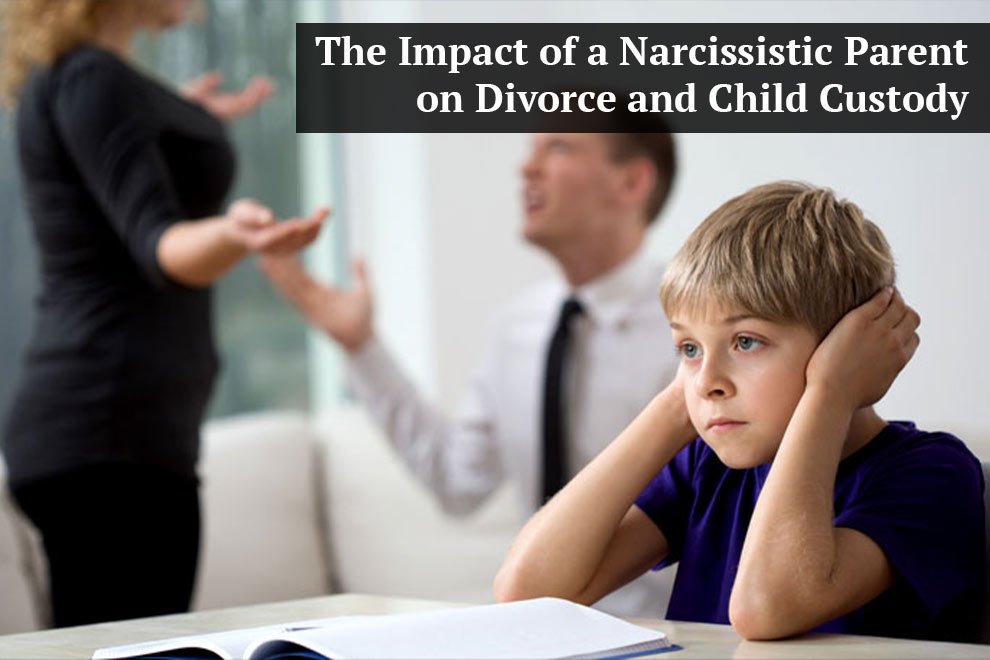Introduction
Divorce is never easy, but when you’re applying for divorce from a narcissistic partner, things can get downright exhausting. Narcissists thrive on control, manipulation, and conflict—three things that can make the legal process far more challenging than it needs to be.
When children are involved, the stakes get even higher. Narcissistic parents often use their children as pawns, creating emotional turmoil and legal battles that drag on unnecessarily. If you’re dealing with a narcissistic ex in a family law dispute, understanding their tactics—and how to counter them—is essential.
So, how does a narcissistic parent affect divorce and child custody disputes, and what can you do to protect yourself and your child? Let’s dive in.
Key Takeaways
- Narcissistic parents often manipulate legal proceedings to maintain control over their ex-partner and children.
- Family courts prioritise the best interests of the child, not the parents’ personal conflicts.
- Parallel parenting is often better than co-parenting when dealing with a high-conflict ex.
- Keeping detailed records of interactions can be crucial in high-conflict custody cases.
- Seeking legal support early can prevent unnecessary emotional and financial stress.
How Does Narcissistic Behaviour Affect Divorce Proceedings?
Narcissistic individuals don’t just “move on” after a divorce—they turn the process into a battleground. Some of their common tactics include:
- Dragging out the legal process to exhaust their ex emotionally and financially.
- Making false accusations of neglect, abuse, or financial misconduct.
- Refusing to negotiate on parenting arrangements or property division.
- Using the court system as a tool for control, and filing excessive motions creates chaos.
The family court system recognises high-conflict divorces but proving manipulative behaviour can be challenging. This is why having a solid legal strategy is crucial.
The Impact of a Narcissistic Parent on Child Custody
Narcissists often struggle with the idea that their control over a family is slipping away, leading to destructive behaviour that can deeply affect children.
Signs a narcissistic parent is negatively impacting a child custody case:
- Using the child as a weapon to punish the other parent.
- Gaslighting the child (manipulating them into doubting their own experiences).
- Refusing to co-parent reasonably, leads to constant conflict.
- Trying to alienate the child from the other parent by spreading false narratives.
These behaviours can have long-term psychological effects on children, increasing anxiety, self-doubt, and emotional distress.
Legal Strategies for Handling a Narcissistic Ex in Custody Cases
If you’re dealing with a narcissistic ex in a custody battle, having a proactive legal approach is key. Here are five strategies to protect yourself and your child:
- Keep detailed records – Save emails, messages, and interactions that show manipulation or unreasonable behaviour.
- Use a parenting app – Communication tools like OurFamilyWizard or TalkingParents help keep interactions structured and documented.
- Request enforceable parenting orders – Make sure parenting plans are legally binding to reduce conflicts.
- Consider parallel parenting – This minimises direct interaction and reduces opportunities for conflict.
- Work with an experienced family lawyer – A lawyer skilled in high-conflict custody cases can help you navigate these challenges effectively.
Parallel Parenting vs. Co-Parenting: Which Works Best?
Many professionals recommend parallel parenting over co-parenting when dealing with a narcissistic ex.
What’s the difference?
- Co-parenting requires both parents to communicate and make decisions together—often impossible with a narcissist.
- Parallel parenting limits direct interaction, with each parent handling their own parenting time independently.
Why is parallel parenting better in high-conflict cases?
✔ Reduces opportunities for manipulation.
✔ Minimises direct communication, lowering stress levels.
✔ Keeps the focus on the child, rather than parental conflict.
If you’re struggling with a toxic co-parenting dynamic, discussing parallel parenting strategies with a family lawyer can help create a workable solution.
When to Seek Legal Help
If your ex is making divorce and child custody unnecessarily difficult, legal intervention may be necessary. You should seek legal help if:
- Your ex is using court proceedings to harass or intimidate you.
- Your child is showing signs of emotional distress due to the conflict.
- You need to modify parenting orders to protect your child’s well-being.
- You feel overwhelmed and need guidance on the best legal strategies.
The proper legal support can help you set clear boundaries, reduce unnecessary conflict, and protect your rights as a parent.
Conclusion
Dealing with a narcissistic parent in divorce and child custody disputes can feel overwhelming, but you don’t have to navigate it alone. The key to success lies in understanding their tactics, documenting everything, and having a solid legal plan.
By prioritising your child’s well-being and working with experienced family lawyers, you can minimise conflict and secure a parenting arrangement that truly serves your child’s best interests.
For expert legal advice on navigating high-conflict divorce and custody matters, visit Advance Family Law. Their team specialises in complex family law cases and can provide the guidance and support you need.
Also Read: Balancing Screen Time and Safety: A Guide for Educators and Parents









